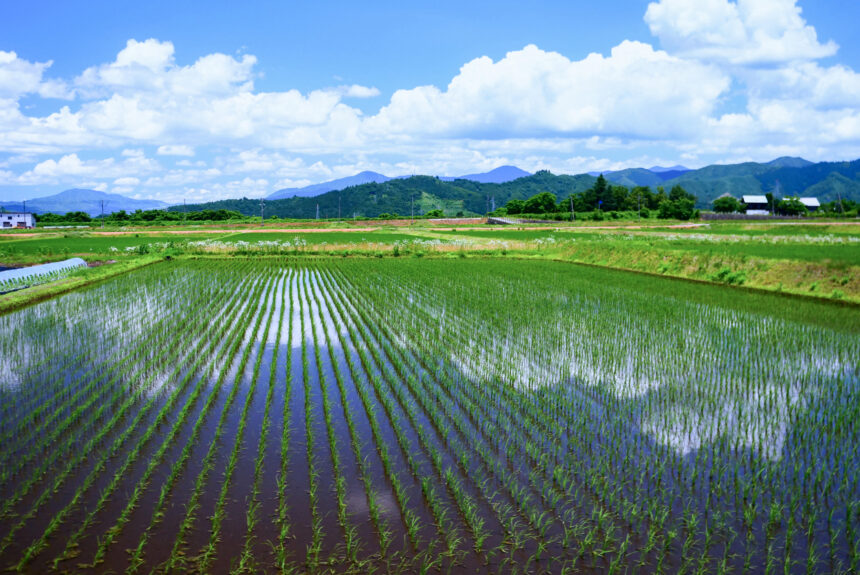When it comes to staple foods, no other item captures the popular imagination quite like rice.
This essential grain feeds over 3.5 billion people worldwide, particularly in Asia, where more than 90% of global production and consumption takes place. However, the business of rice farming regularly relies on water-intensive paddies, which contribute significantly to methane emissions and other climate-warming greenhouse gases. Innovation could help cheaply feed the world in a more climate-friendly way.
>>>READ: AI is Helping Farmers Kill Weeds
In an effort to make rice farming more sustainable, one startup is dedicated to identifying and implementing innovative cultivation methods. Backed by Breakthrough Energy Ventures (BEV), Rize leverages a two-fold approach that integrates data-driven strategies with the expertise of on-the-ground agronomists. This combination empowers farmers to adopt more sustainable techniques, such as Alternate Wetting and Drying (AWD) and Direct Seeding Rice (DSR). AWD is a method of controlled irrigation that involves intermittently flooding and drying a rice field to save water. DSR is a rice production technique that sows rice seeds directly into a field as opposed to growing seedlings in a nursery and then transplanting them into flooded fields (the traditional way of growing rice). These solutions not only have the benefit of reducing water consumption—it takes anywhere from 3,000 to 5,000 liters of water to produce one kilogram of rice—but they also help farmers improve their crop yield and maximize soil health.
Looking ahead to the upcoming harvest, Rize has plans to enhance over 7,000 hectares of rice farmland. This initiative could cut emissions and water use by 50% and 20%, respectively, while boosting farmer incomes by up to 30% in major rice-growing countries.
Despite being founded only in 2023, Rize already has the financial backing of heavyweights like BEV, GenZero, Temasek, and Wavemaker Impact. In May, the budding agri-tech platform secured $14 million in a Series A funding round co-led by these lead investors. This support will enable Rize to expand its operations into Indonesia and Vietnam, as well as to improve the lives of some 20,000 farmers by year’s end. With rice farming accounting for one-tenth of global methane emissions, promoting sustainable rice agriculture will be essential to reducing the carbon footprint of the rice value chain. And given that global hunger is still one of the world’s most pressing problems, techniques that are cost-competitive and financially viable are critical.
>>>READ: This Game-Changing Seed Technology Could Transform the Way We Farm
“As global rice demand is projected to double by 2050, mitigating the environmental impact of rice cultivation is essential in the fight against climate change,” said Carmichael Roberts of BEV. “Rize’s data-driven technology and expert team of agronomists are a powerful combination for tackling this challenge and scaling viable sustainable rice farming across Asia and globally.”
More than one-third of all irrigated water is dedicated to growing rice. As the world’s freshwater resources become increasingly scarce, the urgency to adopt more eco-friendly water management practices for rice cultivation takes on all the more importance. By working directly with growers across South and Southeast Asia, Rize’s experts are driving efforts to decarbonize the global rice industry while successfully feeding the world.
Nathalie Voit is a freelance content creator and a graduate of the University of Florida. She is an alumni of The Heritage Foundation’s Young Leaders Program.
The views and opinions expressed are those of the author’s and do not necessarily reflect the official policy or position of C3.
